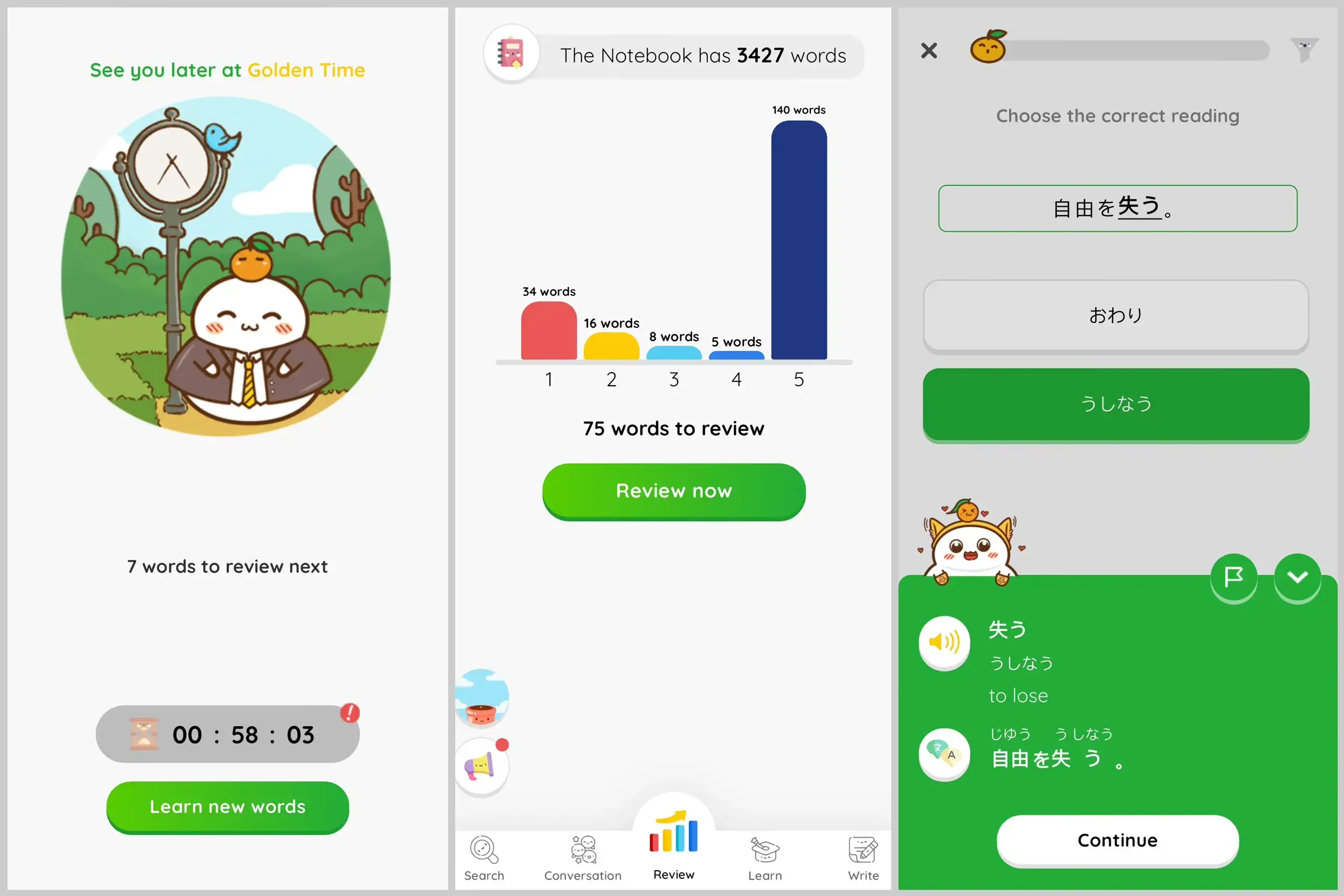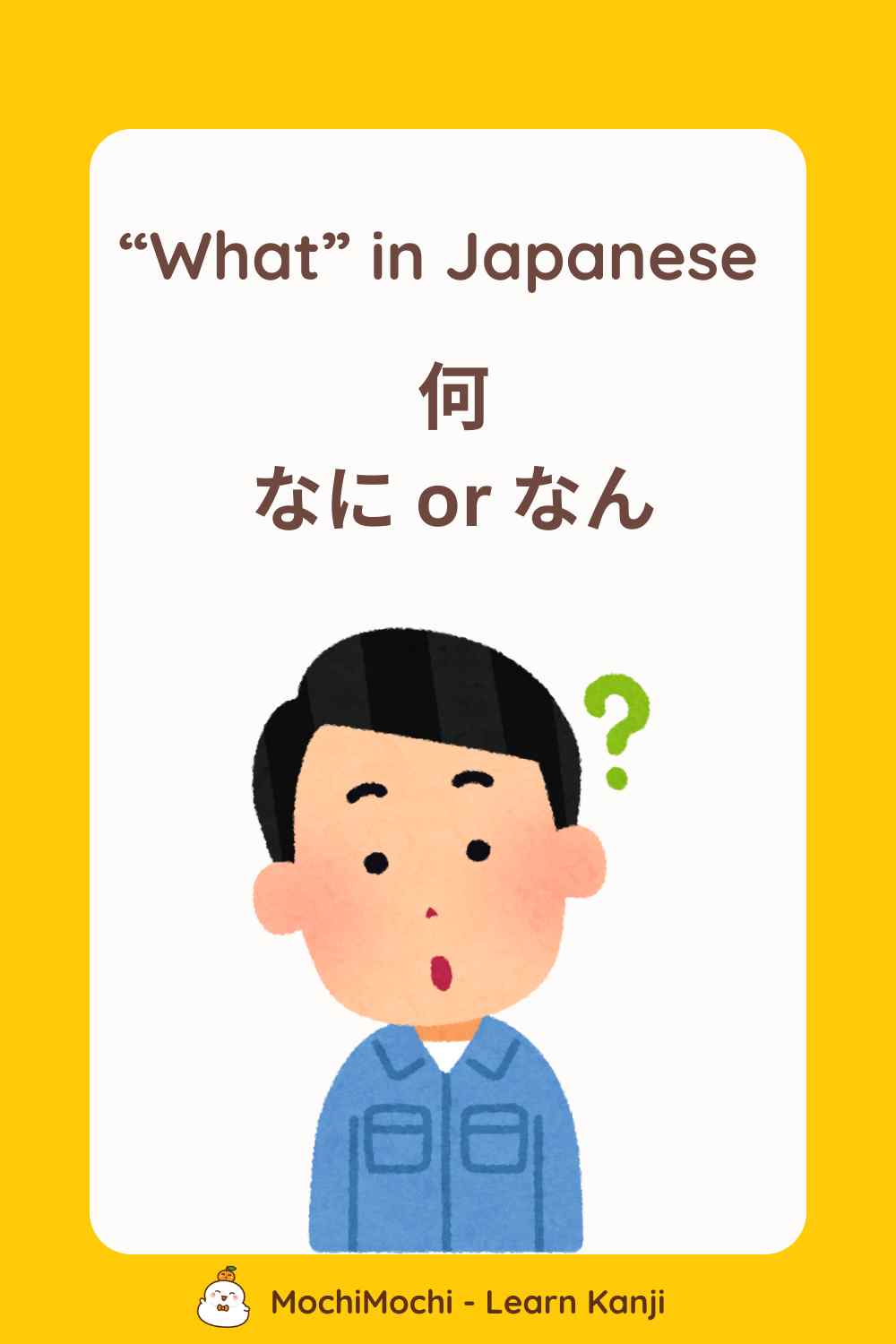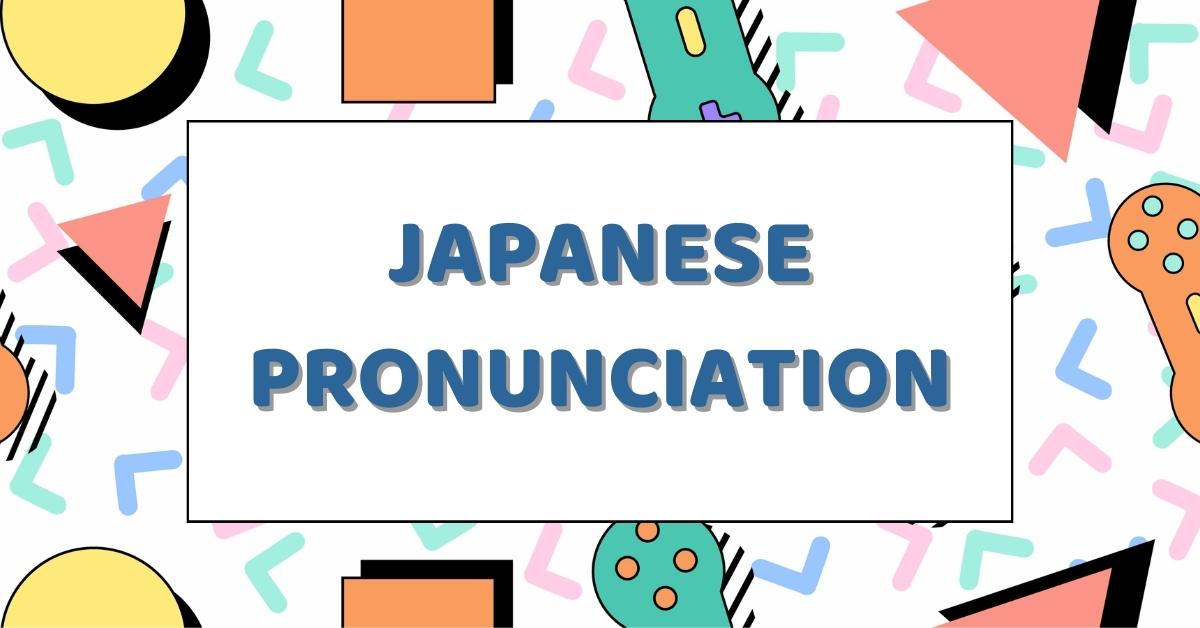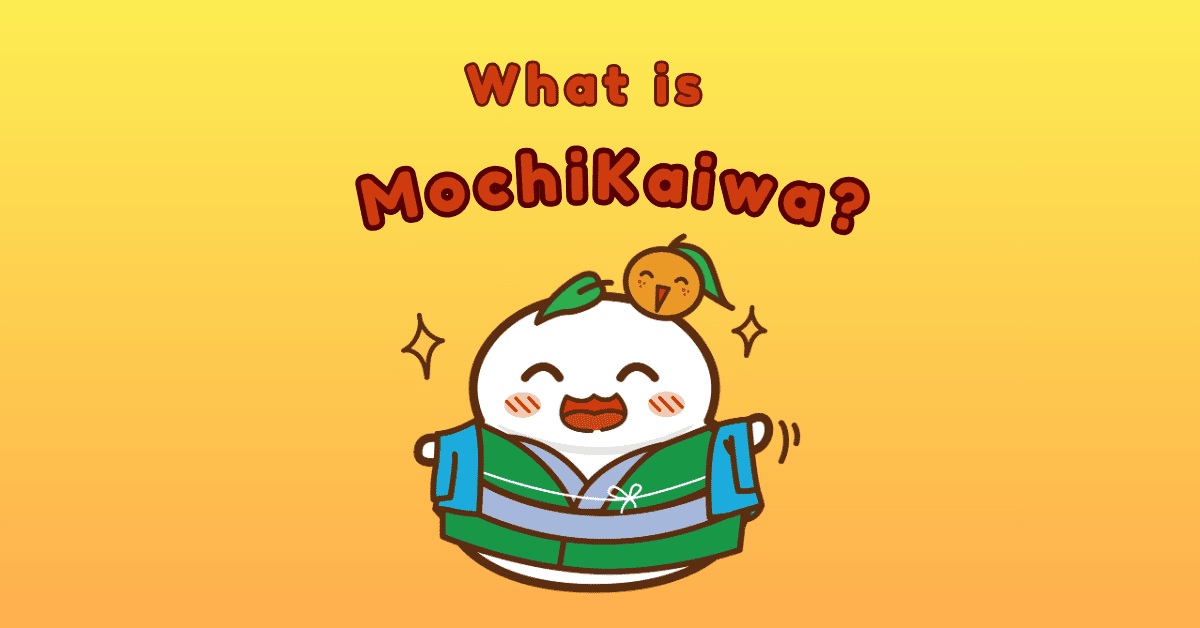When learning Japanese, mastering how to ask questions is essential. The word “what” is a fundamental part of asking questions. Here’s a comprehensive guide to using “what” in Japanese, along with how to ask basic questions naturally.
- “What” in Japanese?
- Other Ways to Express “What” in Japanese
- WH Questions in Japanese
- Common Questions to Ask in Japanese
- Practice and Learn to Ask Naturally
- FAQs

What is “What” in Japanese?
In Japanese, “what” is commonly expressed with the word 何 (なに, nani). However, when “nani” is followed by certain particles or counters, it often changes to なん (nan). The choice between “nani” and “nan” depends on the context and the structure of the sentence.
Using “Nan”:
- When it precedes a word whose first more is either in the た, だ or な- row
Example:
- それは何ですか (それはなんですか、sore wa nan desu ka?) – “what is that?”
- 何の本ですか (なんのほんですか, nan no hon desu ka?) – “what is the book about?”
- When it’s followed by a counter suffix or the like.
Example:
- 何人 (なんにん, nan nin) – “How many people?”
- 今何時ですか (いまなんじですか, ima nan ji desu ka) – “What time is it now?”
Using “Nani”:
- 何 (なに, nani): is used in all other cases
Example: これは何ですか? (これはなんですか, Kore wa nan desu ka?) – “What is this?”
Basic Usage of “Nani” なに
- To ask specific questions such as: “What is this?”
- これは何ですか? (これはなんですか, Kore wa nan desu ka?)
- To express shock, frustrating, confusing, etc. “What?!”
- 何?! (なに?!, Nani?!)
Other Ways to Express “What” in Nihongo
In addition to using “何 (なに, nani)” for “what?!”, here are other expressions to convey shock or surprise in Japanese:
- えっ?! (E?!): A common expression of surprise or disbelief.
- うそ?! (Uso?!): Means “No way!” or “You’re kidding!”
- まじで?! (Majide?!): Informal way to say “Seriously?!”
- ほんとうに?! (Hontou ni?!): Means “Really?!”
To expand your Japanese vocabulary, MochiKanji offers a range of effective tools and features.
Start using MochiKanji today and enhance your language skills!
WH Questions in Japanese
In addition to “what,” other WH questions are crucial in everyday conversations. Here are some common WH questions:
- Who – 誰 (だれ, dare) – Example: Who is that?
この人は誰ですか? (このひとはだれですか, kono hito wa dare desu ka?)
- Where – どこ (doko) – Example: Where is the station?
駅はどこですか? (えきはどこですか, Eki wa doko desu ka?)
- When – いつ (itsu) – Example: When is the party?
パーティーはいつですか? (ぱーてぃーはいつですか, Paatii wa itsu desu ka?)
- Why – なぜ (naze) / どうして (doushite) – Example: Why did you come?
なぜ来ましたか? (なぜきましたか, Naze kimashita ka?)
- How – どう (dou) – Example: How is this?
これはどうですか? (kore wa dou desu ka?)
Common Questions to Ask in Japanese
Here are some everyday questions you might find useful:
- What time is it?: 何時ですか? (なんじですか, Nanji desu ka?)
- How much is this?: これはいくらですか? (これはいくらですか, Kore wa ikura desu ka?)
- Where is the bathroom?: トイレはどこですか? (といれはどこですか, Toire wa doko desu ka?)
- Can you speak English?: 英語が話せますか? (えいごがはなせますか, Eigo ga hanasemasu ka?)
Practice and Learn to Ask Naturally
To become comfortable with these questions, regular practice is essential. Here are a few tips:
- Flashcards: Create flashcards with the Japanese question on one side and the English translation on the other.
- Language Exchange: Practice with a language partner or tutor who speaks Japanese.
- Daily Usage: Try to incorporate these questions into your daily routine, even if you’re just thinking them in your head.
- Listening Practice: Listen to Japanese conversations in movies, TV shows, or podcasts to hear how these questions are used naturally.
- Mimicking Conversations: Repeat dialogues from language learning resources to get a feel for the flow and intonation.
- Language Apps: Use apps like MochiKanji to reinforce your learning with interactive exercises.

MochiKanji takes full advantage of this technique, analyzing your learning history and informing you with automatic notifications so you can relearn Kanji and vocabulary at the optimal time. So, if you follow MochiKanji’s learning path every day at the time it prompts you, you can memorize 1,000 words and Kanji in a month.
Start learning now!
Example Practice Dialogues
A: こんにちは、名前は何ですか? (Konnichiwa, namae wa nan desu ka?)
B: 山田です、よろしくお願いいたします。 ( Yamada desu, yoroshiku onegaishimasu)
A: 山田さん、今何をしていますか? (Yamada-san, ima nani o shiteimasu ka?)
B: 本を読んでいます。 (Hon o yondeimasu.)
By practicing these questions and integrating them into your conversations, you’ll become more comfortable and natural when speaking Japanese. This not only improves your language skills but also helps you engage more effectively with native speakers.
FAQs
What is Nande in Japan?
“Nande” (なんで) is a Japanese word that means “why” or “how come.” It is commonly used in casual conversations to ask for reasons or explanations.
How do you say what in Japanese?
To express “whaaat” in Japanese, you can say “えええ?” (e.e.e?), which conveys surprise or confusion. Alternatively, “なんで?” (nande?) can also imply disbelief or a request for clarification.
What is Boku in Japanese?
“Boku” (僕) is a pronoun in Japanese that means “I” or “me.” It is typically used by males, especially in informal or casual settings, and conveys a sense of humility.
What is Ima WA in Japanese?
“Ima wa” (今は) translates to “now” in English. “Ima” (今) means “now,” and “wa” (は) is a topic marker, so “ima wa” can be used to introduce a statement about the current situation or time.






